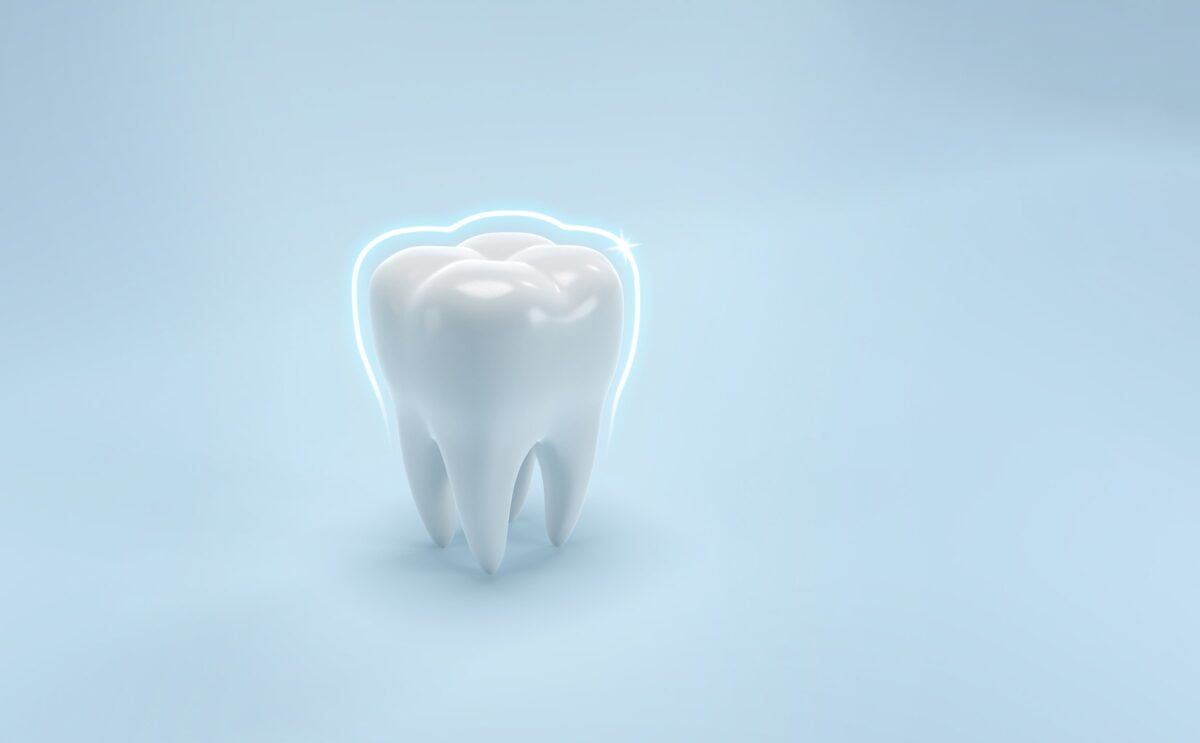Tooth sensitivity is a very common patient complaint. It's exactly what it sounds like: pain or discomfort in response to hot or cold stimuli. It can be temporary or chronic, it can affect multiple teeth, or just one. It can have a number of causes, but good news: most cases can be predictably managed.
What causes tooth sensitivity?
There are three primary causes of tooth sensitivity:
-
Clenching or grinding of teeth (a.k.a. bruxism): While some people know they are clenching or grinding their teeth, it seems the vast majority of us aren't aware, even though we have these habits. We will be following up with another blog about bruxism, as it is a topic in itself! Our teeth aren't designed to clench or grind against one another. Doing so is traumatic to our teeth, and is the number one cause of tooth sensitivity. Talk to us if you have sensitive teeth, as we can quite easily spot signs and symptoms of bruxism.
-
Thin enamel or exposed root surfaces. In other cases, sensitivity occurs because of worn down enamel. Using too much pressure when brushing, using a hard toothbrush, grinding your teeth, or regularly eating/drinking acidic food and beverages can cause thinning of your enamel. Other causes include GERD (Gastroesophageal reflux), gum recession, or tooth decay. Our enamel is a hard shell that protects the inner tooth structure (dentin), which is full of nerve endings that can be stimulated. Our root surfaces have no enamel on them, so are typically quite sensitive areas of our teeth. Again, if your teeth are sensitive, we can usually pinpoint areas of thin enamel or exposed roots (due to gum recession) that might be contributing to the discomfort. If we know about it, we can help you resolve the issue!
-
Dental procedures. Sometimes, dental procedures (i.e. fillings, crowns, cleanings) can be irritating to our teeth. The result can be heightened sensitivity to hot, cold, or biting. If you experience any of these, they are usually short-lived and resolve within two to three weeks. Any increased sensitivity that lingers longer than that definitely requires further investigation, and we want to know about it.
Common triggers of tooth sensitivity
-
Hot foods and beverages
-
Cold foods and beverages
-
Cold air
-
Sweet foods and beverages
-
Acidic foods and beverages
-
Cold water, especially during routine dental cleanings
-
Brushing or flossing teeth
-
Alcohol-based mouth rinses
What can I do about my tooth sensitivity?
For mild, temporary tooth sensitivity, over the counter treatments are a great option. Toothpastes marketed for sensitive teeth, like Sensodyne, can make a real difference for patients. Using a softer toothbrush can also help. When choosing a mouthwash, avoid those with alcohol, as that can irritate your teeth. Generally, the effects of over the counter treatments can be seen within a week.
If home treatments don't work, talk to your dentist. We may need to eliminate some contributing habits (bruxism) that are creating the sensitivity. If it's due to thin enamel or exposed roots, we may apply prescription-grade desensitizing agents in-office, or give you some better home care instructions. These can help to strengthen the enamel and protect your teeth.
For long term tooth sensitivity
If you've been experiencing regular or extremely painful tooth sensitivity, please book an appointment to see us as soon as possible. It's important to rule out any underlying problems that may be causing your discomfort. Our skilled team will examine your teeth and work with you to develop a treatment plan. This will avoid any complications, such as continued tooth decay.
The most important information to take away from this blog is that if you have tooth sensitivity, you don't have to (and shouldn't) live with it. Book an appointment, we can help!
Yours in better dental health,
Toothworks





